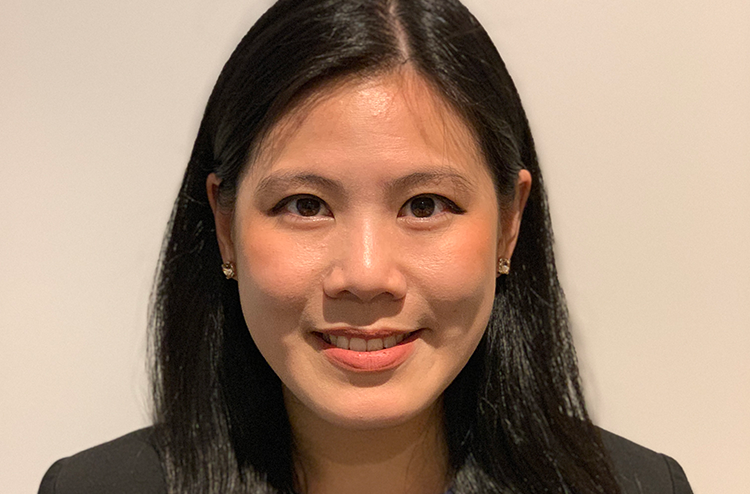Addressing knowledge gaps in immunoglobulin therapy
Dr Khai Li Chai is working to improve the prevention and treatment of infection in blood cancer patients with antibody replacement therapy.

Dr Chai is a specialist clinical and laboratory haematologist based at the Transfusion Research Unit at Monash University (Melbourne). She was awarded a PhD scholarship from the Leukaemia Foundation and the Haematology Society of Australia and New Zealand (HSANZ) in early-2020.
Working with Associate Professor Zoe McQuilten and Professor Erica Wood, her project, Immunoglobulin therapy to prevent and treat infections in patients with blood cancers: who, why, when and how? will evaluate the evidence base, current practise and clinical outcomes of immunoglobulin therapy.
People diagnosed with CLL, non-Hodgkin lymphoma, myeloma and those who have undergone an allogeneic stem cell transplant, frequently develop low immunoglobulin (antibody) levels (hypogammaglobulinaemia) due to their disease or as a result of treatment.
In hypogammaglobulinaemia, low levels of antibodies can be associated with serious and/or recurrent infections. Immunoglobulins made from donated blood products and containing vital antibodies can be given to patients to help keep infections at bay.
New technologies, plus an increased understanding of the immune system, mean scientists and clinical teams now have the capacity to create detailed immune profiles of individual patients. Dr Chai will analyse these immune profiles to better understand the capacity of an individual’s immune system to fight off viral and bacterial infections.
She hopes this analysis will help identify new immune markers that can be used to guide and monitor optimal dosing and duration of immunoglobulin therapy. This approach will identify high-risk individuals who may benefit from ongoing treatment and those who are at lower risk and can come off treatment sooner.
“We know that people with blood cancers are at increased risk of infection,” explained Dr Chai.
“As clinicians, we often administer antibiotics and antibody replacement therapy to reduce this risk. A lot of what we do requires more up-to-date information.
“My project goals are to reduce this knowledge gap and ensure that the therapy we provide is not only effective, but safe and sustainable for the future.”
While she enjoys treating patients working as a clinician and pathologist, being able to learn and delve more deeply into the field of research and contribute to better understanding blood cancers is very important to Dr Chai.
“The main thing I want to achieve with my research is to produce findings that make a significant impact in delivering individualised therapy – sustainable therapy that is able to support improved quality of life for people living with blood cancer,” she said.
“The beautiful thing about research is the unpredictability of each day.
“It can range from reviewing patients in hospitals, examining samples in the laboratory, teleconferencing with other researchers across the world, learning and discussing new concepts in biostatistics and epidemiology with other students at university, or learning more effective ways of performing literature searches from the librarian.
“Each new day brings new learnings, challenges and skills.”
Dr Chai is most excited by sharing and presenting her research findings to her peers.
“We do this virtually now, and we will do this in person again soon,” she said, during the COVID-19 restrictions.
“It is a great feeling to find out that your research is supported and respected by your peers.
“I thank the Leukaemia Foundation, HSANZ and everyone who has made this funding possible for giving me this opportunity.”
Last updated on August 6th, 2020
Developed by the Leukaemia Foundation in consultation with people living with a blood cancer, Leukaemia Foundation support staff, haematology nursing staff and/or Australian clinical haematologists. This content is provided for information purposes only and we urge you to always seek advice from a registered health care professional for diagnosis, treatment and answers to your medical questions, including the suitability of a particular therapy, service, product or treatment in your circumstances. The Leukaemia Foundation shall not bear any liability for any person relying on the materials contained on this website.